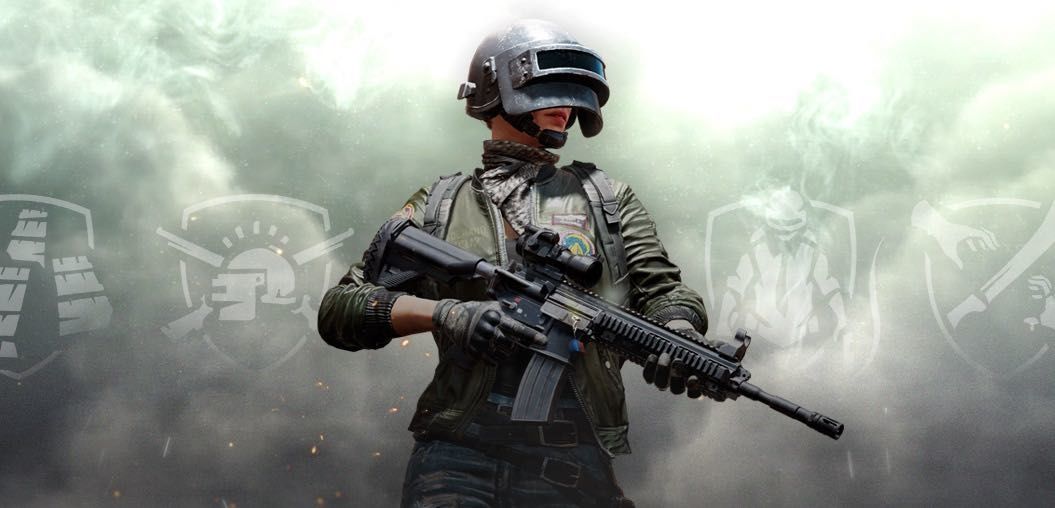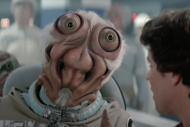Create a free profile to get unlimited access to exclusive videos, sweepstakes, and more!
PUBG gets a bloodless, patriotic facelift for Chinese censors

PlayerUnknown’s Battlegrounds, also known as PUBG, is a global gaming phenomenon in the same vein as (and almost on the scale of) Fortnite. It also hasn’t been making any money in China, one of its biggest markets, because it’s lacked regulatory approval. Now it’s rebranding as Heping Jingying or Elite Force for Peace, which, thanks to a few cosmetic nips and tucks as well as some patriotic namedrops, has pleased the Chinese government and set owner Tencent up to start reaping the rewards.
According to Reuters, the 100-player island-based shooter needed to make some changes for China to approve in-app purchases because the bloody, realistic, and ultimately plotless game wasn’t up to the country’s cultural standards. While Tencent told Reuters “they are very different genres of games,” players have been pointing out the surface-level differences on Chinese social media hub Weibo since the “anti-terrorism-themed” rebrand dropped after receiving approval in April.
“PUBG is gone” was a huge trending topic on Weibo, surpassing 300 million clicks and nearing 90,000 posts, but players’ fears were quickly assuaged. “It’s almost exactly the same,” said IHS Markit games analyst Cui Chenyu, per Reuters. “The game play, the background, the graphic design, and the characters, they’re almost the same.” Though Tencent is ticking the patriotic boxes — writing that the new game “pays tribute to the blue sky warriors that guard our country’s airspace,” referring to the People’s Liberation Army Air Force on their website — not much is tangibly different.
Blood animations, which had previously been manipulated to appear as bright alien blue by certain high-level players to make bullet hits even more visible, were taken out completely. Gore is strictly regulated in China, so its removal was a key change — even if it didn’t make sense for the game. “I’m going to die of laughter,” said a Weibo user. “When you shoot people, they don’t bleed, and the dead get up and wave goodbye!”
In fact, PUBG players won’t even find that their character level has reset. “I didn’t expect that once I updated it to Game of Peace,” a Weibo user said, “it returned me back to the same level. The game changed its name and became very socialist to gain approval.”
Keeping everything but the name could have big repercussions for Tencent, which was only licensing PUBG from the South Korean company Krafton (formerly Bluehole). “With PUBG Mobile having around 70 million average daily active users in China now, we expect Game for Peace could potentially generate 8 billion yuan to 10 billion yuan ($1.18 billion to $1.48 billion) in annual revenue,” analysts at China Renaissance told Reuters. South Korea and China now have a billion-dollar video game beef between them, all thanks to a reskinned shooter.


























